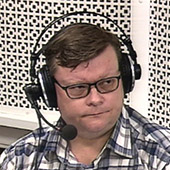Unmanned minibus called "MatrЕshka"
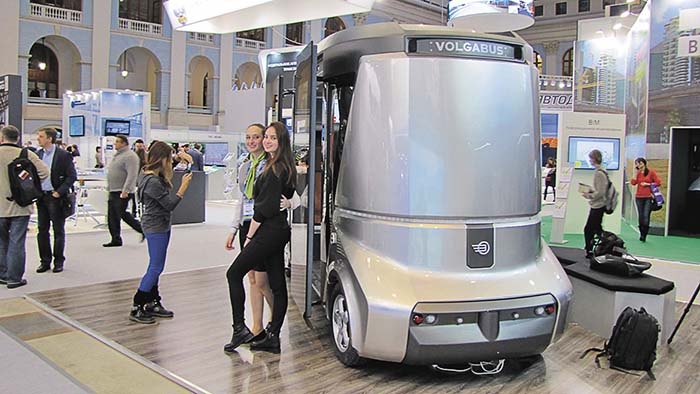
The company "Bakulin motors Group" held a presentation of unmanned passenger bus "MatrЕshka"...

The company "Bakulin motors Group", developing the project Volgabus, held 1 December in the framework of the exhibition "Transport of Russia‑2016" held in the exhibition complex "Gostiny Dvor", presentation unmanned passenger bus "MatrЕshka". In the course of the presentation the General Director of the company Alexey Bakulin also said some important news about the firm "Volgabas" from the most sensational of which can be considered a message of the construction of a new plant of "Volgabas" in Vladimir with a capacity of 5000 buses of various classes, including buses. In addition, in 2016 year "Volgabas" will be released on record volume of production and sales in excess of 500 machines.
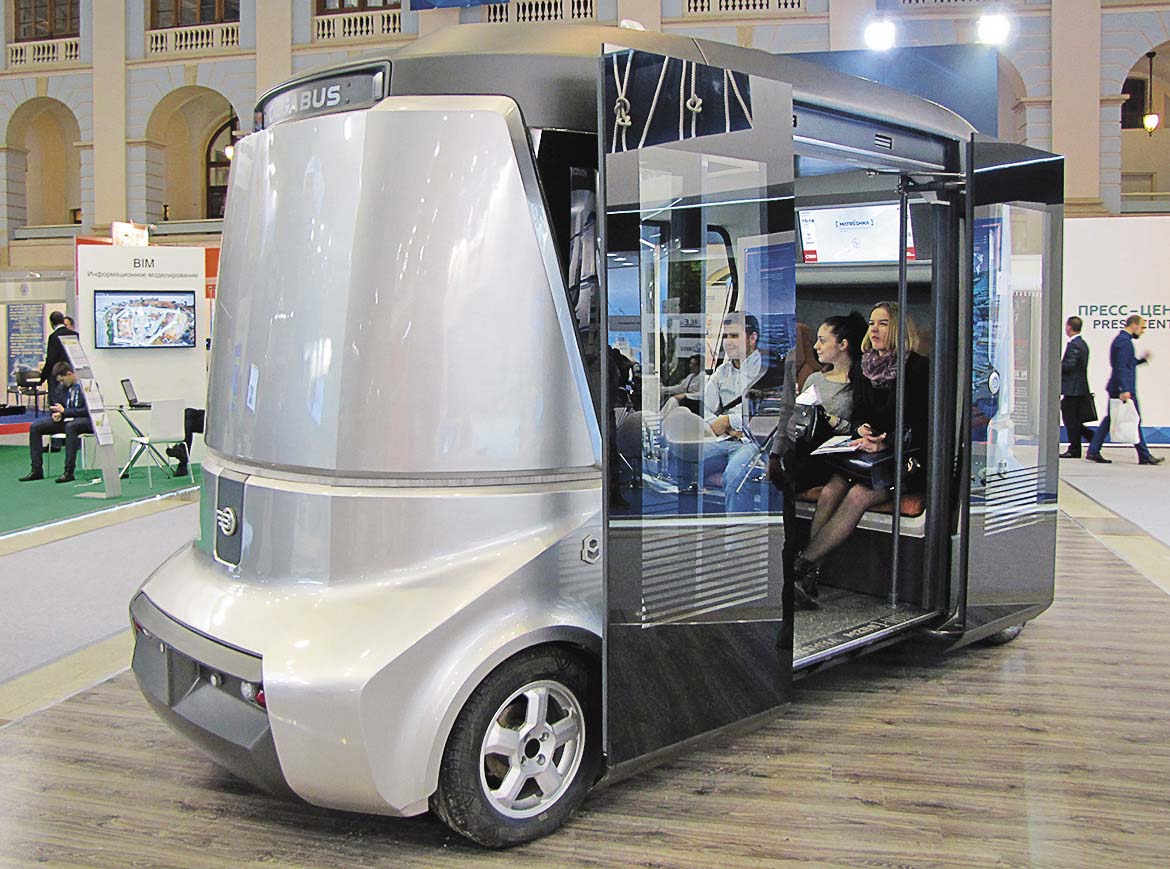
But the main conversation all the same was dedicated to the latest innovative design modular system for commercial vehicles called familiar, but not just writing: "MatrЕshka" (Yes, Latin, but with the Russian letter "E" in the middle). "Matryoshka" is one of the most recognized symbols of Russia, but here is the letter E all same reminiscent of one, more recently, high-profile project, ending ignominiously. Not want to with the Volga developing something similar happened.
So, "MatrЕshka" is not just a innovative vehicle, and a whole revolutionary transport concept designed, not do not less, to do away with dominance in cities individual road transport and also utility vehicles, as it offers a modular design with combined with rapidly deployable recharging and control network, and in any country of the world.
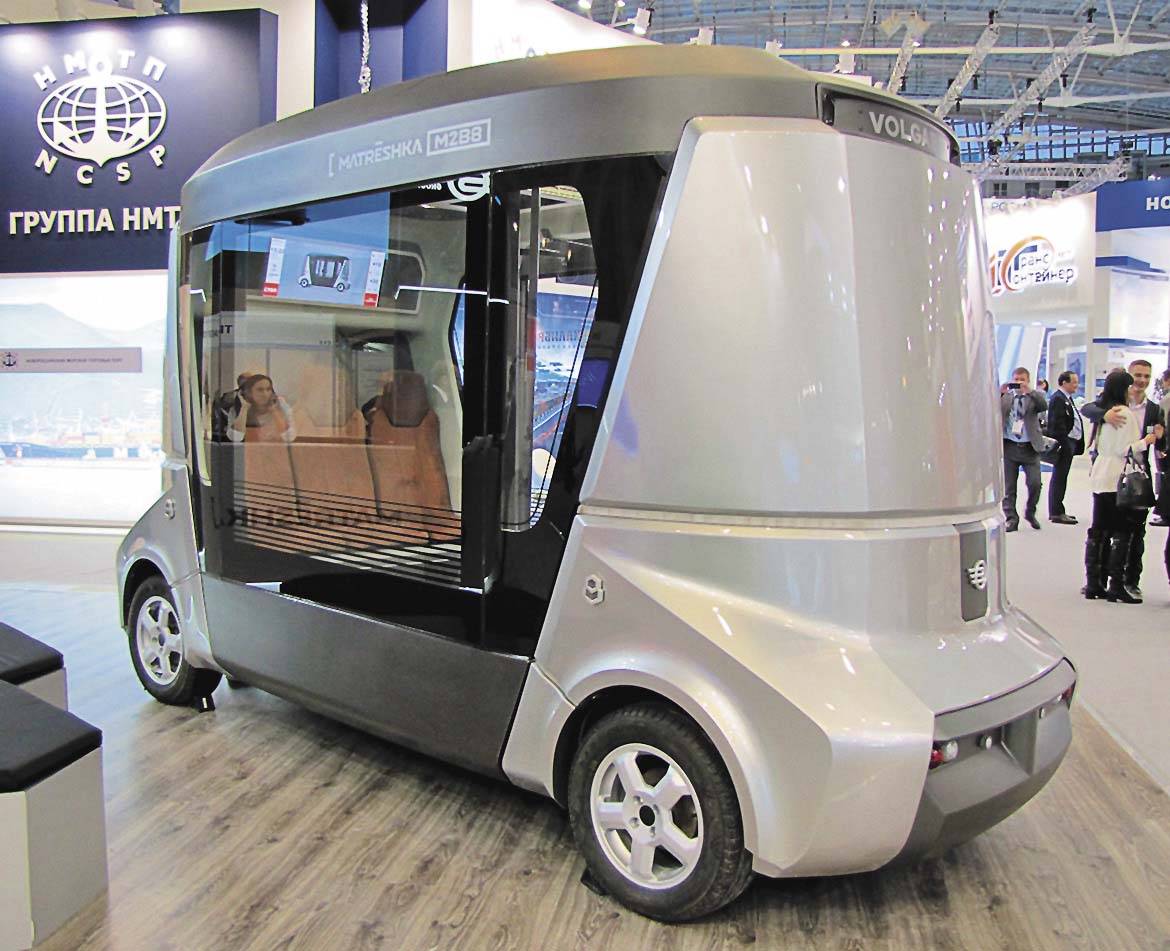
The basic version of the "MatrЕshka" Platform is a common platform for the chassis motor load capacity 1300 kg, which can carry a variety of utility equipment, such as diagnostic units, pumps and t. p. includes Chassis, except for chassis and body parts, and also electric motor, and system of sensors and cameras plus a trip computer.
The maximum speed is up to 30 km/h, power reserve of rechargeable lithium‑ion battery with a capacity of 32 kWh – 130 km turning Radius of only 3 m allows to use the chassis as technology stock or intrashop transport.
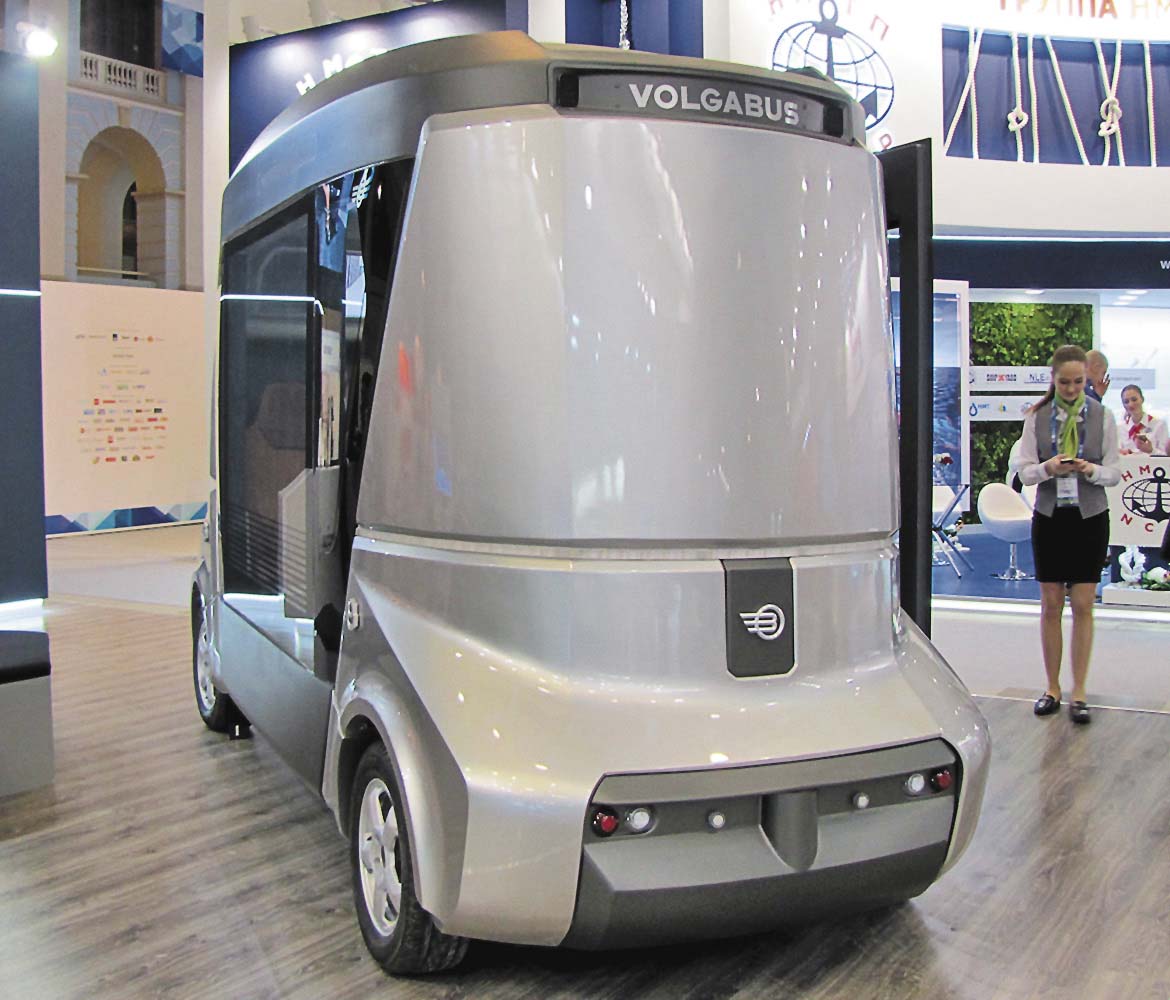
On the basis of the base chassis can be created cargo "MatrЕshka" М2С6, which is a van carrying up to 600 kg, capable of carrying containers of different equipment with a volume of up to 6 m3, including mobile energy storage devices with a capacity up to 200 kW·h (actually a mobile recharging station). The width of the cargo opening М2С6 is 1680 mm.
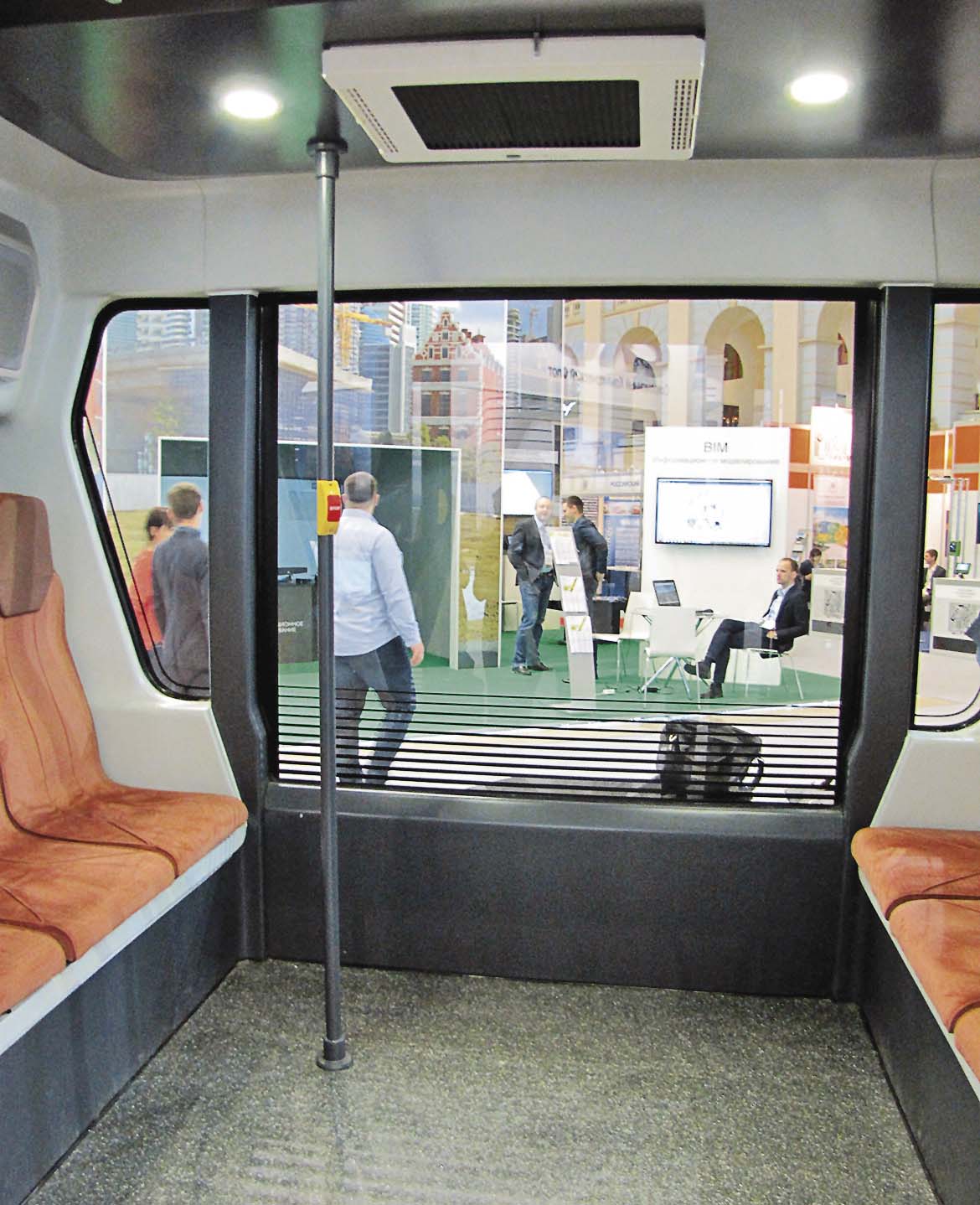
The pinnacle of the model range "MatrЕshka" should be the version М2В8 –compact minivan (or rather, even citibus) with a sliding door exit type. This "smartbus", according to the creators, is capable of carrying 8 setting in including disabled persons on wheelchairs, and 4 standing passengers, providing them with the necessary comfort and services (air-conditioning, heating, Wi‑Fi and even charging the gadgets).
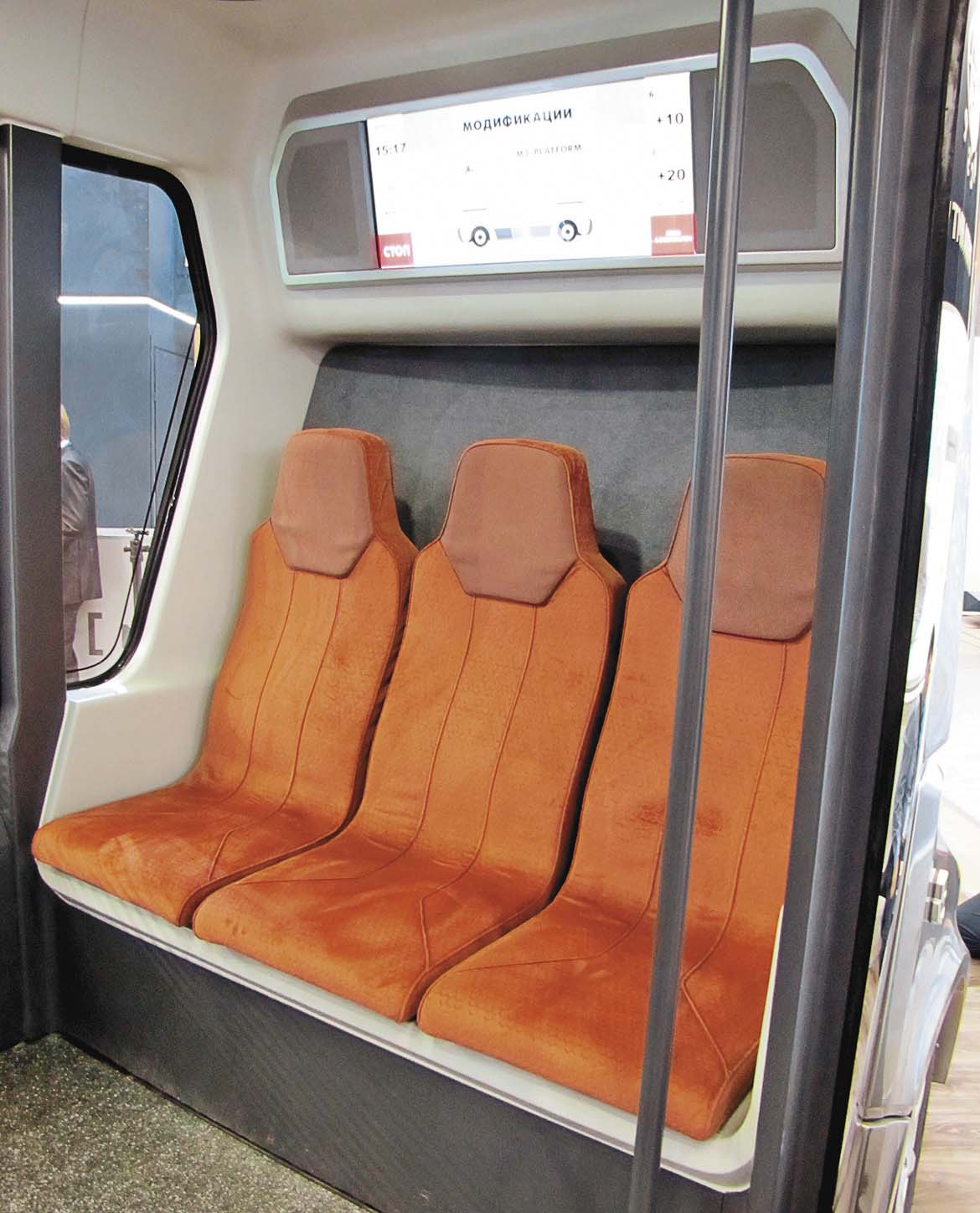
Complex "MatrЕshka" is intended to solve various problems in the field of intelligent logistics with the ability to deploy in any part of the world. However, while "MatrЕshka" really goes only where well-marked road markings and is there a border, and with gentle enough weather conditions. In same time unmanned systems have advantages over conventional "chelovecheskimi", and it is high precision and safety, the ability to work at least round the clock for 365 days year (of the driver‑it is not!), a full control each machine support center for passengers smartbus.
According to the opinion of A. Bakulin, despite that the time of appearance on the streets of our cities of similar "smartbus" not yet it was, however, given the global trends and the enormous costs of leading automakers (and not only automakers – for example, the Internet giant Google) on the development of unmanned transport system for them already in the most the foreseeable future will have some practical application. For example, maintenance of exhibitions and parks and also internal territories, the terms of which "MatrЕshka" in General meets today. Russian same development will be able to break into the world market only if you are really innovative and while cheaper than foreign analogues.
Given that similar to an unmanned transport system for held in October Busworld 2016, showed the Group "KAMAZ", we can assume that there has been a definite trend in domestic developments of Autonomous unmanned transport vehicles, relying on to collective use.
.
|
|
|


